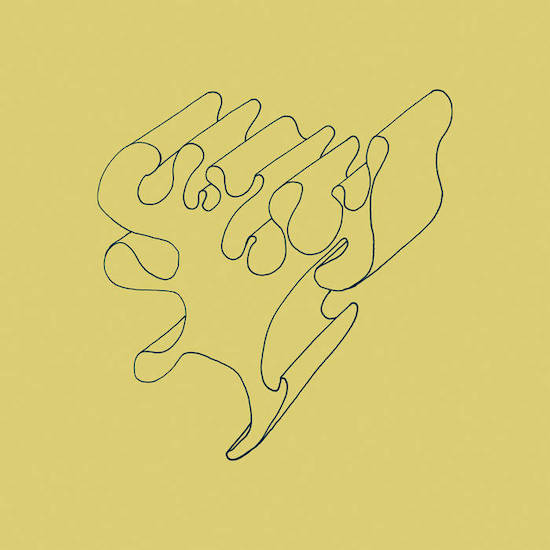Rhodri Davies has a wonderfully rich background as a harp player, and here we have two sets of recordings that speak to this experience in a way that seems to mark him out as a quite remarkable individual. In DWA DNI, we have a collection of fifteen relatively short pieces, between about a minute-and-a-half and three-and-a-half minutes in duration. The easy reading of these is that they speak through improvisation to some of the principles of repetition and development that we find in mid-century minimalism, but that doesn’t feel quite right to me. I’ll admit to a potential cognitive bias here but listening to this I can’t escape two names from Davies’s practice: Cornelius Cardew and Gustav Metzger. Davies’s interests and output here imply both an aesthetic and a political sensibility, and there is a fascinating fury that breaks apart and provides an ontological shift to what might appear to be minimalist leanings. The music, despite its patterns and repetitive structures, is busy, aggressive at times, with a sometimes near-overwhelming amount of noise and information. An interest in Metzger’s auto-destructive art, while not an articulated point here, provides inevitable influence over the playing and it is something that is profound in the context of improvised music. I love the idea of Metzger as a sort of philosophical blueprint for this kind of music.
Davies’s dexterity is astonishing. He is, when at full stretch, like a human swarm. What I love about these recordings, though, is the strong presence of everything that surrounds the immediately tonal properties of the notes. The percussive clatter of the instrument is glorious. The sheer sense of effort and wrestle is something I can sit inside indefinitely. It opens up a sort of paradox of virtuosity, which as a term is sort of etymologically grotesque, but in execution can become sublime. From the delicate chordal opening of ‘To byl duch transu’ to the giddy insectoid violence of ‘Seria nieistotnych decyzji w formie uczucia’ there is always something remarkable here. I find myself frequently goggle-eyed as I play this music.
The second release on the table here is For Simon H Fell (Composer, improvisor and bassist whom Davies has worked with as IST with Mark Wastell). It is quite different. This one comprises two longer form pieces, roughly half an hour each, give or take, and the form dictates an approach that allows for a much greater sense of space and slower development. There is a broader sense of the source of sound here. Bows, percussive strikes, harmonics and atonal gestures of extended technique conspire to build a sort of place of timbral complexity. It fairly rumbles, chimes and scrapes its way into existence.
There’s a sort of issue with some free improv that its resistance to idiom breeds within in a weirdly narrow idiomatic set of structures and gestures, seemingly at odds with its own genesis. I find none of that here. Indeed, this feels like an outstretched embrace towards other musics, rich with history and with exploration. The music knows stuff, and is happy for us to here its relations. It reminds me a little of Simon Barker’s drumming, where jazz and Korean traditional music exist in some way within improvisation that looks outwards and away. And again, I feel like the key is ontological. Not in the sense of what there is here, but how it is and what that might mean in relation to other things – both musical and not. But, as such, this is not overly cerebral. It is rooted (like its sibling release) in a sense of the material, and the physical. Consider what follows the twenty-seventh minute of ‘Part 1’ to get a sense of what I mean here, as creaks, rattles and buzzes, scuffs of the floor, and so on become the privileged sounds. One can almost see the light catch the disturbed dust lifting from a troubled string. The rattle of the repeated low note in this section is a horror show in miniature. These two releases show a wonderful versatility and – perhaps more beautifully – a rich and hypnotic engagement with the visceral and physical properties of improvised music. Exciting, complex and wonderful.


